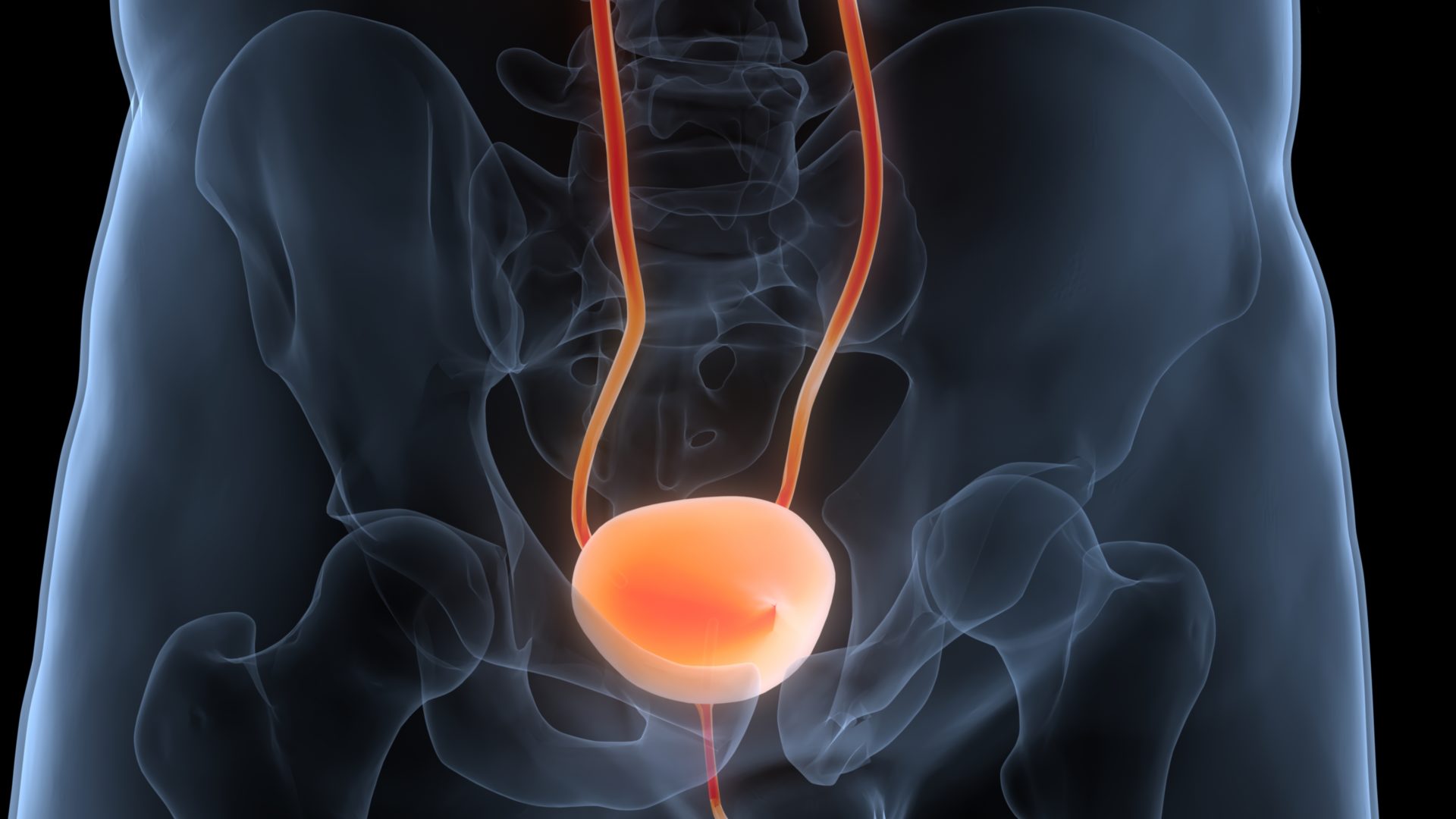The combination of hypofractionated radiotherapy with the chemotherapy drug capecitabine appears safe and effective in elderly patients with bladder cancer, according to a study published in the Asian Pacific Journal of Cancer Prevention.
Researchers assessed 30 patients (median age, 73.5 years) with stage 2 to 4 muscle-invasive bladder cancer who underwent transurethral surgery to remove a bladder tumor and subsequently received combination capecitabine and radiation therapy.
The majority of patients had stage T2N0 and T3N0 tumors, and over 73% had an intermediate-grade tumor. Transurethral resection of the bladder tumor was incomplete in 43.3% of patients, and no patients reported serious treatment-related toxicity. Overall, more than half of patients (56.7%) achieved a complete response. After a median follow-up of 16 months, the locoregional control rate was 63%.
A robust response was observed in overall survival, local failure-free survival, and event-free survival, which were 100%, 93.3%, and 80%, respectively, at 1 year and 43.3%, 33.3%, and 30% at 2 years.
Reference: Youssief AA, Gamal DA, El-Naggar MS, Zarzor MA, Ahmed S. Could concurrent capecitabine with hypofractionated radiotherapy in elderly patients with muscle-invasive bladder cancer be an option? Asian Pac J Cancer Prev. 2022;23(5):1733-1740. doi:10.31557/APJCP.2022.23.5.1733
Keywords: Elderly, hypofractionation radiotherapy, bladder cancer, capecitabine









